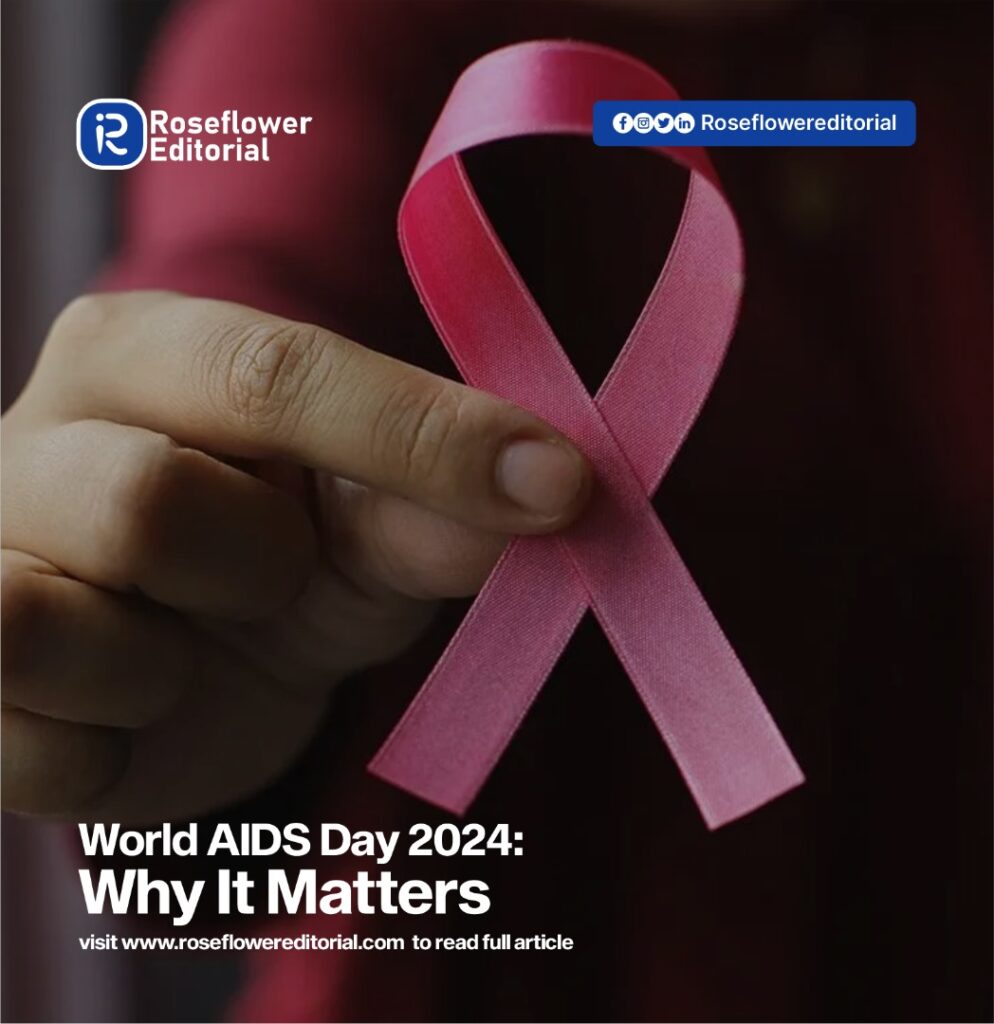
Did you know that over 4,000 people are diagnosed with HIV every day? This alarming statistic emphasizes the urgency of raising awareness and taking action. World AIDS Day, observed every December 1, is an essential event that brings attention to the fight against HIV/AIDS and the global need for continued efforts. With 1.5 million new HIV diagnoses each year, the journey to end this epidemic is far from over. What steps can we take to help create a world without HIV?
What Is World AIDS Day and Why Is It Important?
“Fighting the stigma surrounding HIV is just as important as combating the virus itself.” This quote encapsulates the importance of World AIDS Day, a day first observed in 1988 to promote education, reflection, and global solidarity. It highlights both progress and the challenges we continue to face, reminding us that while advancements have been made, there is still much to do. Why should we let this day go by without doing our part?
The Current State of HIV/AIDS Worldwide
The global fight against HIV/AIDS remains a significant public health challenge. In 2023, approximately 39 million people were living with HIV, with 1.5 million new cases reported each year (UNAIDS). While treatment options have greatly improved and allow many to live longer, healthier lives, substantial obstacles persist. Did you know that stigma still discourages countless people from seeking testing or treatment? And here’s an interesting insight: when people hear serious topics mixed with a touch of humor, they often engage more openly. So why not approach the conversation with empathy and a little levity? It might not solve the crisis overnight, but it can start conversations and make awareness more relatable.
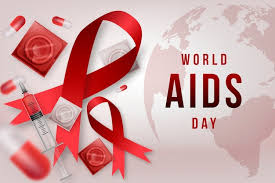
(Photo reference: Baemont Emergency Hospital)
The Importance of Awareness and Education
“Awareness is key to prevention,” as UNAIDS states. World AIDS Day reminds us that spreading knowledge is essential for curbing the spread of HIV. Educating the public dispels myths, lowers stigma, and promotes healthy behaviors. Essential actions include:
- Getting Tested: Early detection allows for effective treatment and limits the virus’s spread.
- Practicing Safe Behaviors: Learning how to protect yourself, like using protection during sexual activity and not sharing needles, is vital.
By increasing awareness, we empower individuals to take control of their health and contribute to a healthier society.
How World AIDS Day Unites People Globally
World AIDS Day acts as a catalyst for unity and action worldwide. Events such as memorials, concerts, fundraisers, and marches take place to honor those who have lost their lives to HIV/AIDS and to raise funds and awareness. Governments, non-governmental organizations (NGOs), and local communities collaborate to organize free testing, workshops, and educational programs. These efforts reinforce that regardless of our backgrounds, we all have a role in combating the HIV epidemic.
Why You Should Care: The Personal and Global Impact of HIV/AIDS
HIV/AIDS impacts more than just the individuals who are infected; it has far-reaching consequences for families and communities. People living with HIV face not only physical health issues but also emotional and financial challenges that affect their loved ones. Showing support and empathy helps combat stigma and strengthens communities. Understanding the complexities of HIV/AIDS means we can work together for a more compassionate and informed world.
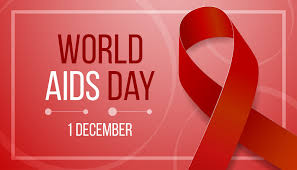
How You Can Make a Difference: Take Action on World AIDS Day and Beyond
There are many ways to contribute to the fight against HIV/AIDS:
- Donate to Trusted Organizations: Financial support helps NGOs provide essential services and programs.
- Attend or Organize Events: Participating in or hosting awareness and fundraising activities makes a big impact.
- Get Tested: Routine HIV testing helps detect the virus early and prevent its spread.
- Educate Others: Share reliable information and challenge misconceptions to reduce stigma.
- Advocate for Change: Support policies that improve access to healthcare and prevention efforts, particularly in underserved areas.
The fight against HIV/AIDS doesn’t end on World AIDS Day—it continues every day. By staying educated and active, we can contribute to long-lasting change.
Join the Fight: A Call to Action
World AIDS Day reminds us of the progress we’ve made and the ongoing challenges we face. Through education, awareness, and collective action, we can work toward a world where HIV/AIDS no longer poses a public health threat. Your involvement matters—whether it’s supporting local initiatives, sharing knowledge, or showing empathy, every effort contributes to the cause. Let’s commit to this fight together and create a brighter, healthier future.
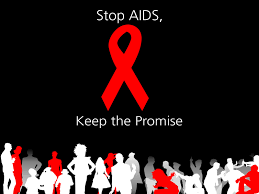
(Photo Reference: Business Post Nigeria)
Thank you for reading! If you’re new to Roseflower Editorial, welcome! I’m impatient to see your thoughts and comments. What changes do you think are most crucial in the fight against HIV/AIDS? How do you plan to get involved this World AIDS Day and beyond?
Please, don’t forget to stay tuned for more updates as you connect with us on Facebook, Instagram, website and LinkedIn. If you missed my previous article, kindly click here.
Written by Patience Ubi.
Edited, Proofread, and Published by Rhoda Erhabor.
Featured Photo designed by Seye Somefun
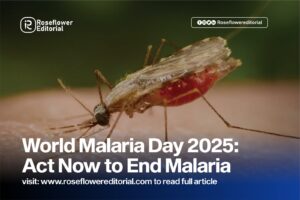


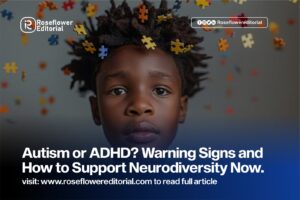








6 Responses
When Patience Writes, you want to read it twice, from sounding so angelic to writing so rythmic.
How can Patience be inpatient? Okay, here is my comment, any love portion for me. I am a stalker of your article.
The call to action has always been my interest. Well done, Patience.
I sincerely appreciate you.
World AIDS Day reminds us of the progress we’ve made and the ongoing challenges we face. Thank you for this insightful piece, Patience.
My darling, thank you so much.